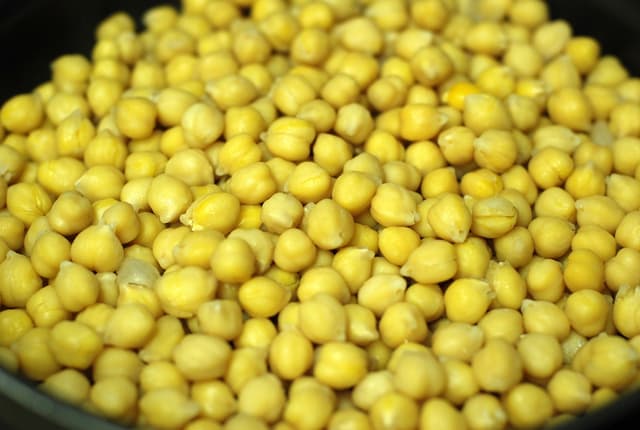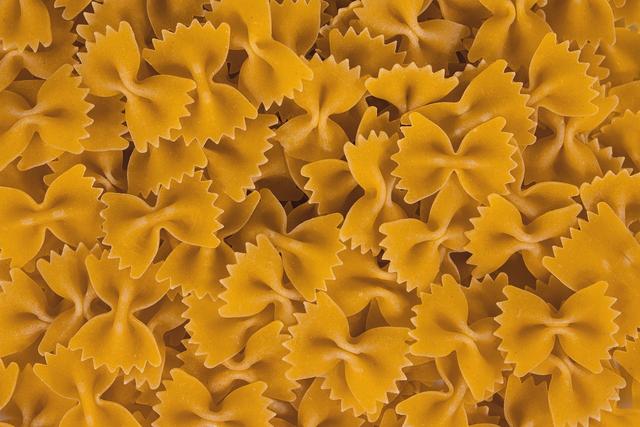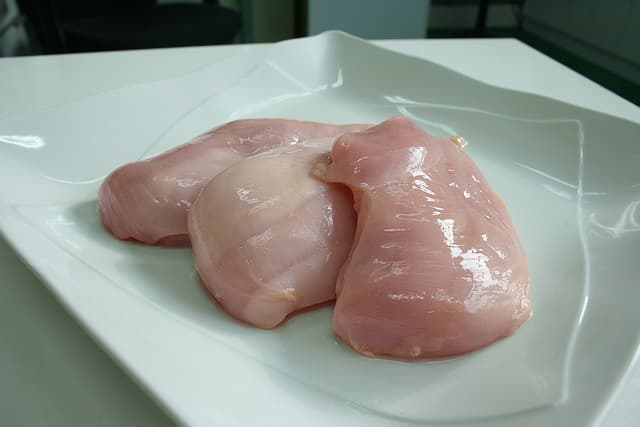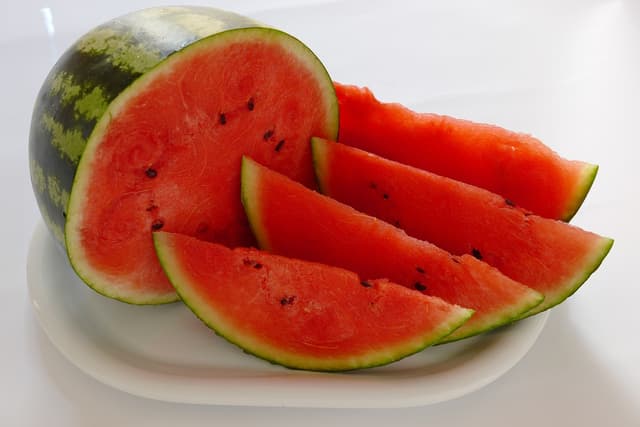Myths about teaching can hold you back
- Year 6
Mushrooms and mycoprotein (non-statutory Climate Change & Sustainability)
I can investigate the growth of mushrooms and describe sustainable protein sources.
- Year 6
Mushrooms and mycoprotein (non-statutory Climate Change & Sustainability)
I can investigate the growth of mushrooms and describe sustainable protein sources.
These resources were made for remote use during the pandemic, not classroom teaching.
Switch to our new teaching resources now - designed by teachers and leading subject experts, and tested in classrooms.
Lesson details
Key learning points
- A mushroom is not a plant; it is a fungus.
- Mushrooms are high in protein and are one of the most sustainable foods to grow and eat.
- Mushrooms grow best in dark, moist conditions and continue to provide food over several weeks.
- Mycoprotein is a sustainable protein made from fermented fungus.
- Mycoprotein is made into 'meatless' foods such as burgers, mincemeat and 'chicken'.
Keywords
Protein - Protein is in foods like meat, fish, and eggs. It helps your body grow and repair.
Sustainable - If something is sustainable, it meets the needs of people now without having a negative impact on the needs of people living in the future.
Fungus - A fungus is a type of micro-organism that feeds on organic matter.
Mycoprotein - Mycoprotein is a sustainable protein made from fermented fungus.
Common misconception
Pupils often think that a mushroom is a plant.
Explain to pupils that mushrooms are not plants (or animals), rather they are the fruit bodies of a group of micro-organisms called fungi (singular fungus).
To help you plan your year 6 science lesson on: Mushrooms and mycoprotein (non-statutory Climate Change & Sustainability), download all teaching resources for free and adapt to suit your pupils' needs...
To help you plan your year 6 science lesson on: Mushrooms and mycoprotein (non-statutory Climate Change & Sustainability), download all teaching resources for free and adapt to suit your pupils' needs.
The starter quiz will activate and check your pupils' prior knowledge, with versions available both with and without answers in PDF format.
We use learning cycles to break down learning into key concepts or ideas linked to the learning outcome. Each learning cycle features explanations with checks for understanding and practice tasks with feedback. All of this is found in our slide decks, ready for you to download and edit. The practice tasks are also available as printable worksheets and some lessons have additional materials with extra material you might need for teaching the lesson.
The assessment exit quiz will test your pupils' understanding of the key learning points.
Our video is a tool for planning, showing how other teachers might teach the lesson, offering helpful tips, modelled explanations and inspiration for your own delivery in the classroom. Plus, you can set it as homework or revision for pupils and keep their learning on track by sharing an online pupil version of this lesson.
Explore more key stage 2 science lessons from the Keeping healthy unit, dive into the full primary science curriculum, or learn more about lesson planning.

Equipment
Commercially available oyster mushroom growing kit can be bought online or from garden centres. To keep costs to a minimum, the whole class might grow oyster mushrooms from one kit.
Content guidance
- Risk assessment required - equipment
- Exploration of objects
Supervision
Adult supervision required
Licence
Prior knowledge starter quiz
6 Questions
Q1.Which of these is not a plant?
Q2.Protein is a __________ found in a wide range of food.
Q3.Protein in food helps to build and repair bones and ...
Q4.Which of these foods are high in protein?






